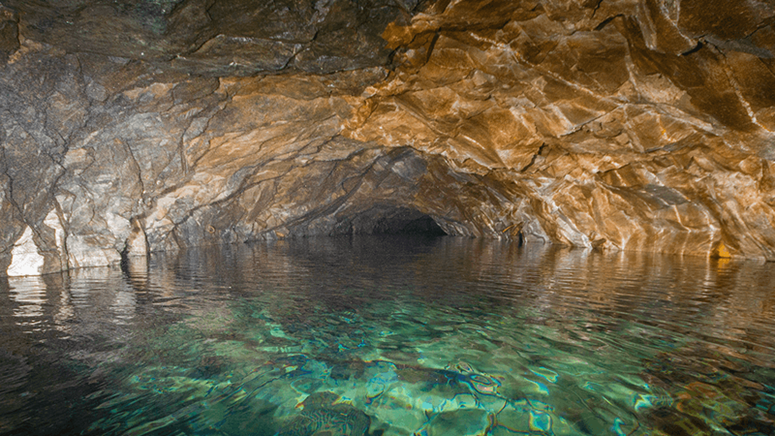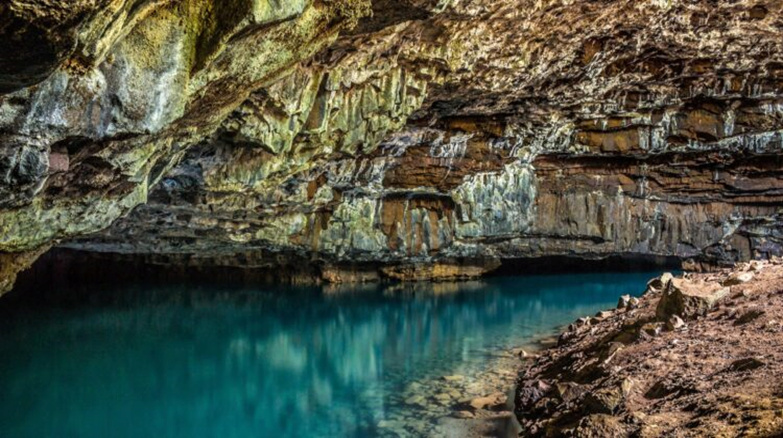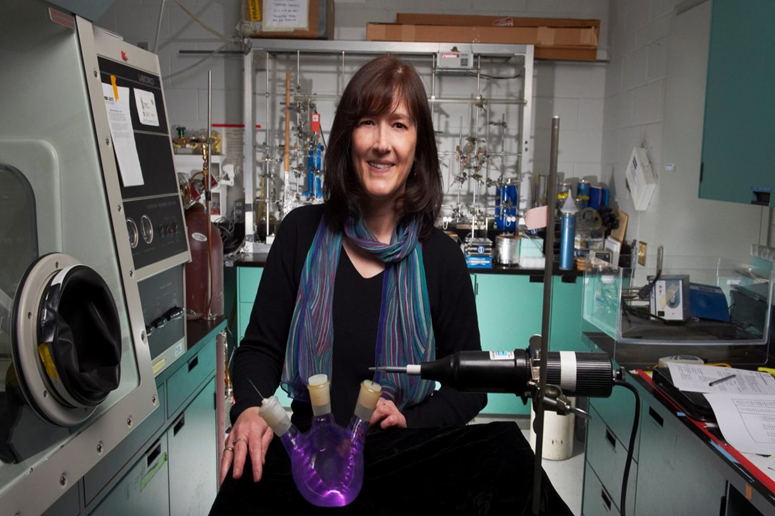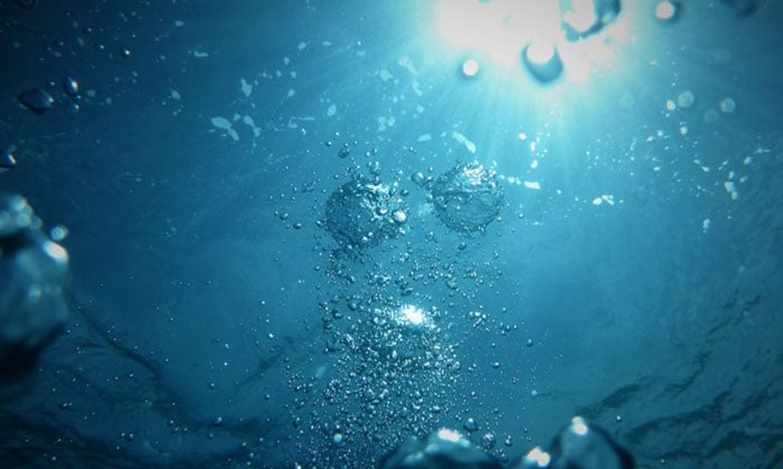Geologist finds and tastes 2 billion year old water

Geologists have made an extraordinary discovery in a Canadian mine. They found the oldest water ever discovered on Earth. A geologist couldn't help but taste the approximately 2 billion year old liquid.
The bottles all have an expiration date, but it does not expire. The date on the bottles is when the plastic begins to degrade. Plastic particles may then dissolve in it. Moreover, the microplastics present in the oceans could be eliminated by the droppings of mussels . Coming back to water conservation, even billions of years old is not “stale”. We are obviously not talking about the one that is stagnant and unfit for consumption due to the proliferation of bacteria.

In Canada, geologists have discovered the oldest water reservoir on Earth. A team of geologists led by Professor Barbara Sherwood Lollar were studying a Canadian mine in 2016 when they made this extraordinary discovery. The geologists' study was published in the scientific journal Nature.
Geologists did not expect to discover such a quantity at 3 kilometers deep
About 3 kilometers deep, geologists discovered completely isolated water. It is the oldest water ever discovered on Earth. Even more amazing, it is not a few drops on pebbles, but a reservoir of running water flowing at several liters per minute. Geologists did not expect to make such an impressive discovery.

The liquid from the Canadian mine has been isolated for billions of years. Geologists estimate the water to be between 1.5 and 2.64 billion years old. “ When people think of this water, they assume it must be a tiny amount of water trapped in rock. But in fact, it bubbles a lot. It's flowing at a rate of several liters per minute – the volume of water is much larger than anyone anticipated ,” says Professor Barbara Sherwood Lollar.
Traces of ancient life found in billion-year-old liquid
Geologists then discovered traces of ancient life in this Canadian liquid. The sulphate present in the water allowed them to “ see a fingerprint that indicates the presence of life ”. The microbes that produced this sort of fingerprint did so over a very long timescale. Thus, “ organisms have been present in these fluids on a geological time scale ”.

In fact, the microbes survived without light thanks to substrates produced by radiation. “ The sulphate in this ancient water is not the modern sulphate of flowing surface water. What we discovered is that sulfate, like hydrogen, is actually produced on site by reaction between water and rock ,” explains Long Li who is an assistant professor in the Department of Earth and of the atmosphere at the University of Alberta. The reaction between the liquid and the rock therefore occurs continuously and will occur as long as the water remains in contact with the rock. It can last for billions of years.
Billion-year-old water tastes salty
So how does this approximately 2 billion year old liquid taste? Curious, Barbara Sherwood Lollar tasted this liquid on the tip of her finger. Unsurprisingly, the water was “ very salty and bitter ”. In the same way that a wine for laying down gradually becomes less acidic, the liquid from this Canadian mine has become saltier, much saltier than that of the sea.
Source : Nature

